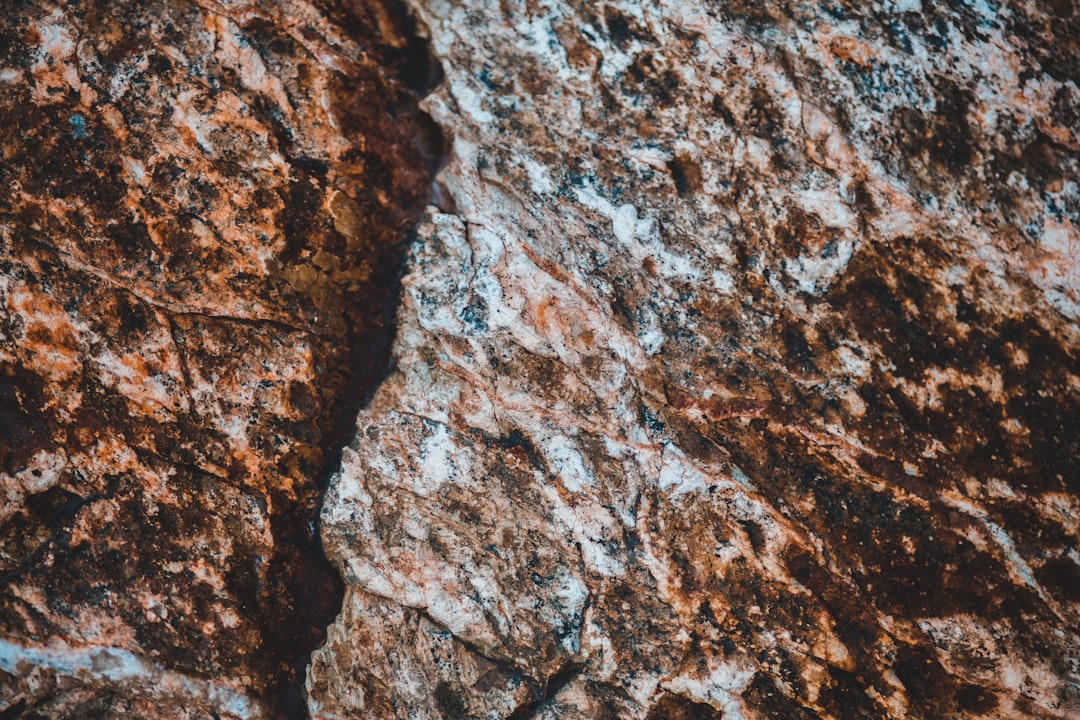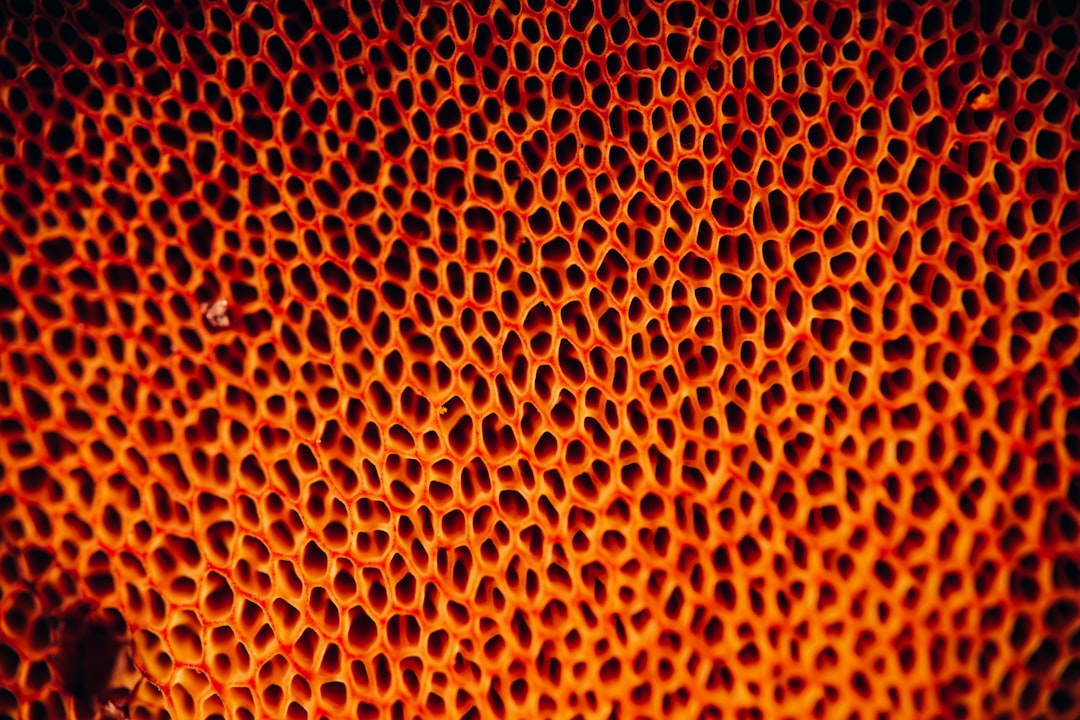What is it about?
We combined the results of 89 studies from around the world about how lakes and coastal areas recover from reduced nitrogen and phosphorus inputs. We found that while aquatic ecosystems can improve, recovery can take decades or longer. But aquatic ecosystems rarely returned to conditions prior to eutrophication. We also found that not all aquatic ecosystems showed improvement, possible due to other factors, like climate change. Nitrogen and phosphorus are critical for life; they are also important fertilizers used in agriculture. Nitrogen and phosphorus from farm land and sewage treatment can leak to the environment and have a fertilizing effect (called eutrophication) on water bodies. Eutrophication can contaminate drinking water, cause harmful algal blooms, reduce water clarity, and change the composition of aquatic animal and plant communities.
Featured Image
Why is it important?
Eutrophication occurs globally. It is important to understand how lakes and coastal areas recover from reduced nitrogen and phosphorus inputs in order to develop effective policies. Many previous studies compare progress against eutrophic conditions, so we don't know the degree or rate of improvement. Our study was important because we compare recovery progress to restoration targets, which are often defined as the conditions prior to eutrophication. Our results suggest that long term monitoring is needed to better understand the timescales for recovery from eutrophication. Also, policies should consider that recovery could be slow and partial.
Perspectives
Many studies of recovery from eutrophication are for a single water body or don't compare progress against restoration targets, so broader patterns and the degree of recovery is not known. This study is important because we look at different aspects of many aquatic ecosystems in different parts of the world and analyze progress in terms of restoration targets. We found that, in general, lakes and coastal ecosystems recovery slowly and partially after nitrogen and phorphorus leakage has been reduced.
Dr Michelle L McCrackin
Stockholm University
Read the Original
This page is a summary of: Recovery of lakes and coastal marine ecosystems from eutrophication: A global meta-analysis, Limnology and Oceanography, October 2016, Wiley,
DOI: 10.1002/lno.10441.
You can read the full text:
Resources
Contributors
The following have contributed to this page










